In Lesson Ten of The Messianic Consciousness of Jesus series, Dr. Robert L. Lindsey discusses “Son of Man” as a messianic title from Daniel 7:13 in the saying, “The Son of Man came eating and drinking, and they say, ‘Here is a glutton and a drunkard, a friend of tax collectors and sinners’” (Matt. 11:19 // Luke 7:34). Lindsey also discusses the story of Zacchaeus (Luke 19:1-10) in which the title “Son of Man” appears.
The Messianic Consciousness of Jesus: Lesson 09
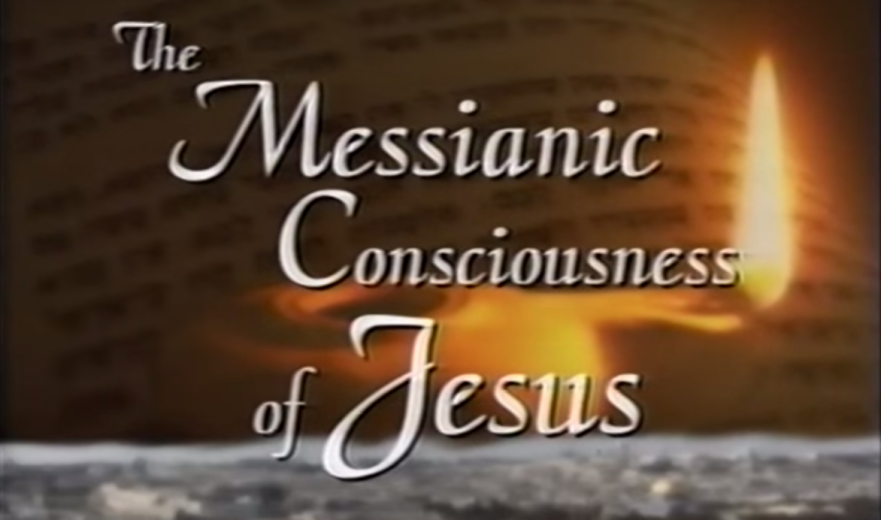
In Lesson Nine of The Messianic Consciousness of Jesus series, Dr. Robert L. Lindsey discusses Jesus’ riddle about the Messiah and David’s Son (Matt. 22:41-46; Mark 12:35-37; Luke 20:41-44) and the Healing of the Paralyzed Man story (Matt. 9:1-8; Mark 2:1-12; Luke 5:17-26).
The Messianic Consciousness of Jesus: Lesson 07

In Lesson Seven of The Messianic Consciousness of Jesus series, Dr. Robert L. Lindsey continues his discussion of Jesus’ sermon in the Nazareth synagogue.
The Messianic Consciousness of Jesus: Lesson 05

In Lesson Five of The Messianic Consciousness of Jesus series, Dr. Robert L. Lindsey examines Jesus’ saying about the son who knows the father (Matt. 11:27 // Luke 10:22).
The Messianic Consciousness of Jesus: Lesson 04

In Lesson Four of The Messianic Consciousness of Jesus series, Dr. Robert Lindsey examines the story of Jesus’ temptation.
The Messianic Consciousness of Jesus: Lesson 02

In Lesson Two of The Messianic Consciousness of Jesus series, Dr. Robert L. Lindsey examines the interrogation of Jesus by the chief priests and the origin of the Son of God concept.
Video Clip: David N. Bivin on “The Value of Translating Matthew, Mark and Luke to Hebrew”
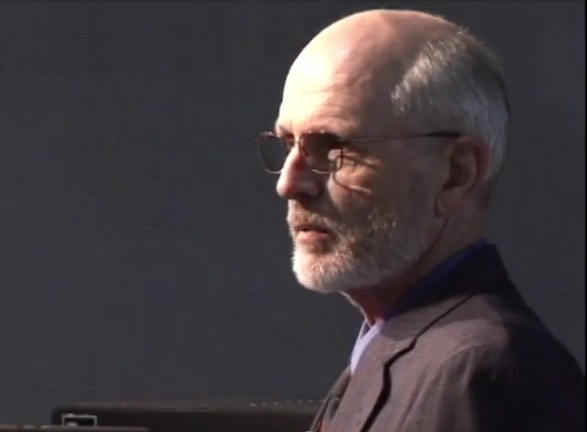
In this video Jerusalem Perspective‘s editor-in-chief, David Bivin, demonstrates how translating Jesus’ sayings into Hebrew can provide clearer insight into Jesus’ message.
Video Clip: Dwight Pryor on “Is Jesus Superior to the Law?”
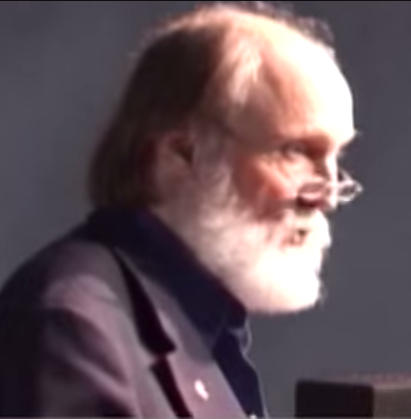
In this video Dwight Pryor discusses Jesus’ attitude toward the Jewish Law.
The Major Importance of the “Minor” Agreements
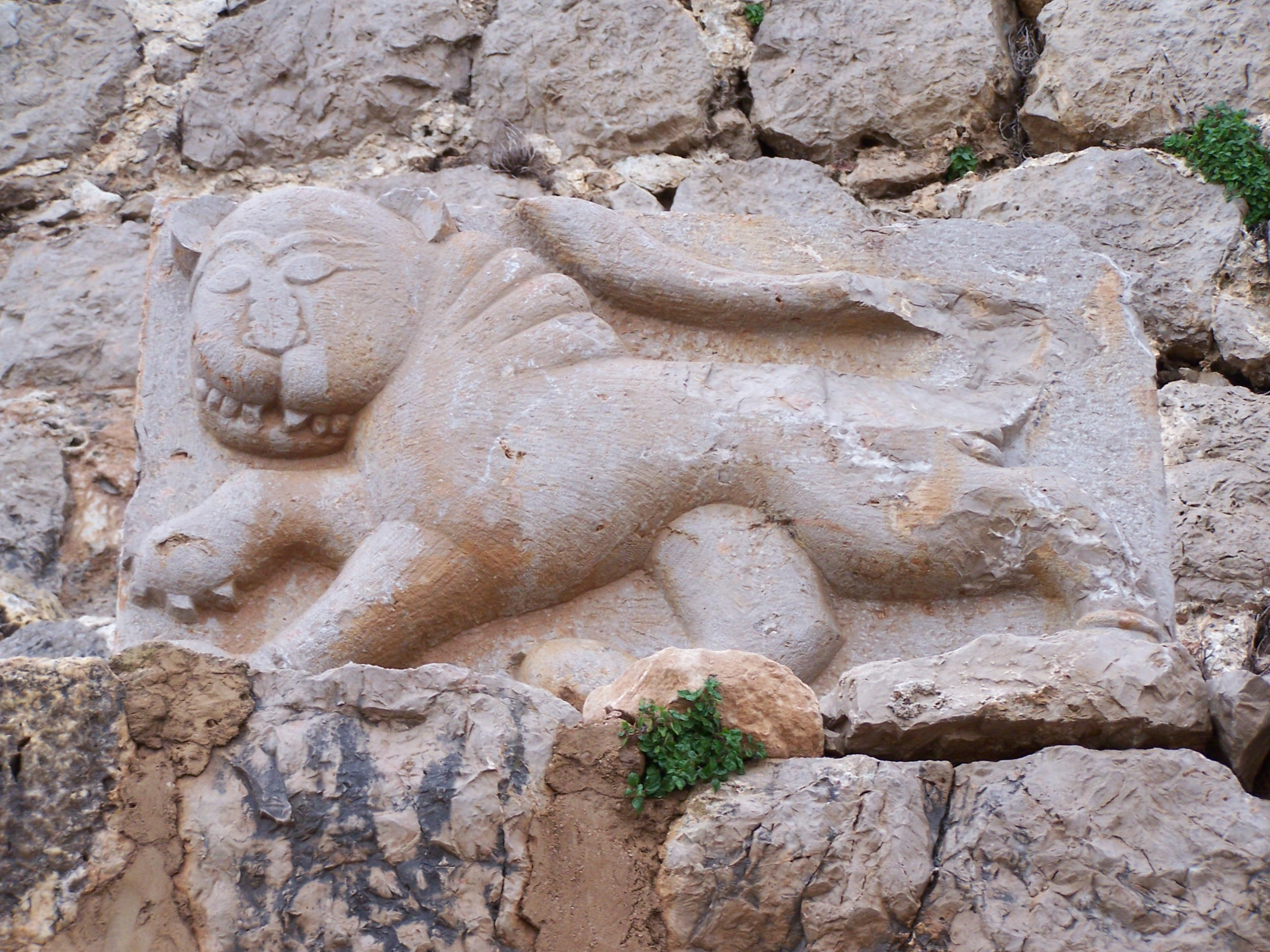
In this article, Dr. Robert Lindsey discusses the importance of the so-called “minor agreements” of Luke and Matthew against Mark for properly understanding the interrelationship of the Synoptic Gospels. David N. Bivin and Joshua N. Tilton collaborated with Lauren Asperschlager to bring this article, which previously existed only as an unfinished draft, to Jerusalem Perspective subscribers.
Not Everyone Can Be Yeshua’s Disciple
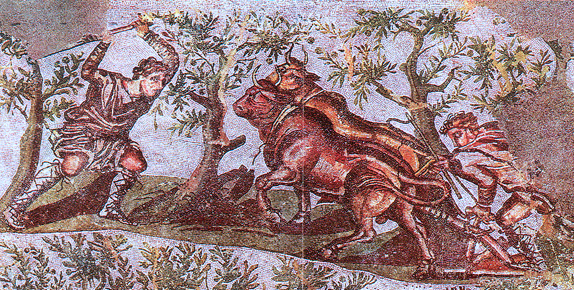
When three eager prospective disciples asked permission to follow Jesus, Jesus responded to each of them with a riddle. Why would God allow Jesus and his followers to sleep on the ground when he provides safe places even for the animals to sleep? How can the dead bury a corpse? Why would a disciple set his hand to a plow when Elisha had given up plowing in order to follow Elijah? These riddles would have to be puzzled over before their meaning was fully understood. But each of the riddles were ominous, and it appears that each of the three prospective disciples reconsidered his desire to join Jesus.
Tower Builder and King Going to War Similes

The Tower Builder and King Going to War similes explain why Jesus thought full-time discipleship was not suitable for everyone.
Demands of Discipleship

“Anyone who wants to join me but puts family ties or love of self ahead of me cannot possibly be my full-time disciple. Anyone who is not prepared to die cannot possibly be my full-time disciple. Anyone who does not renounce his possessions cannot possibly be my full-time disciple.”
Rich Man Declines the Kingdom of Heaven

In order to join Jesus band of full-time disciples the rich man would have to adopt a radically different lifestyle than the one to which he was accustomed.
LOY Excursus: The Kingdom of Heaven in the Life of Yeshua
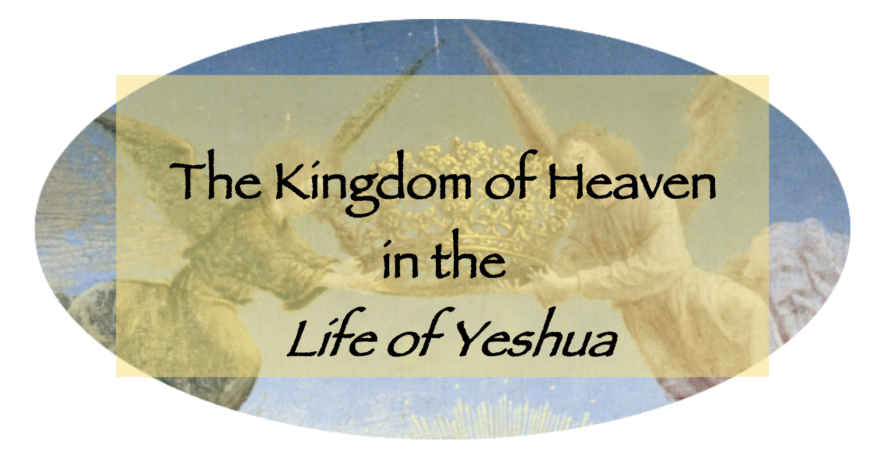
In this excursus to the Life of Yeshua commentary, David N. Bivin and Joshua N. Tilton delve into the ancient Jewish concept of the Kingdom of Heaven and discuss the ways in which Jesus made use of this concept in his own unique style.
Hidden Treasure and Priceless Pearl Parables
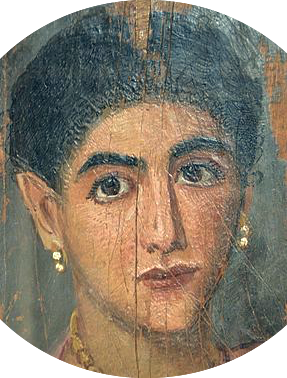
Supposing that these twin parables once belonged to the same narrative-sayings complex as the Rich Man Declines the Kingdom of Heaven incident enables us to understand their message. Jesus’ demand that the rich man sell everything wasn’t an onerous or unreasonable request; to the contrary, Jesus had offered the rich man an extraordinary bargain.
Chickens and the Cultural Context of the Gospels

One aspect of the cultural context of the Gospels that is often overlooked is the role played by animals. In this article I will explore the significance of chickens in first-century Jewish culture and the part they play in the story of Jesus.
Who Made the “Omission,” Luke or Mark?
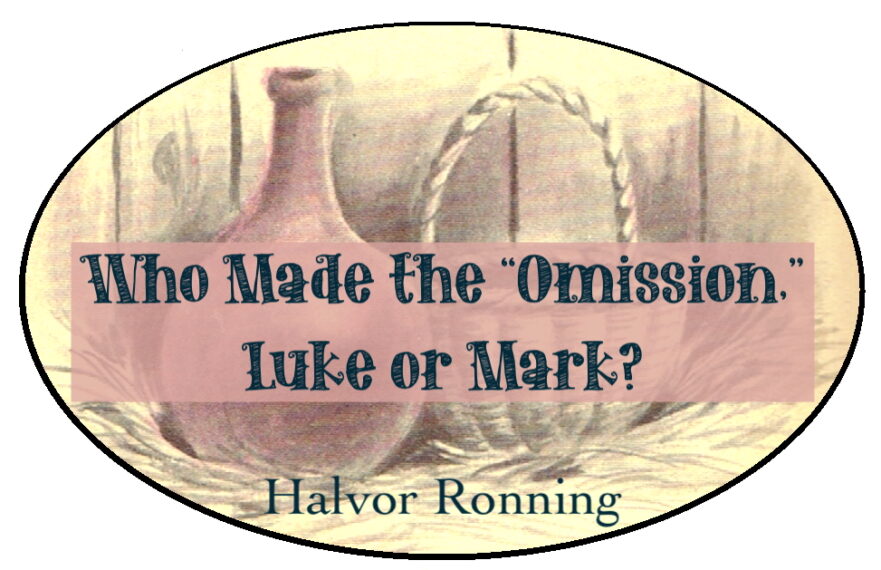
Did Luke see and omit Mark 6:45-8:21, or did Mark see and omit Luke 9:51-18:14? The present article explores the possibility that the Markan pericope, “What Makes a Person Impure” in Mark 7:1-23 is dependent upon the Lukan pericope on “Discourse against the Pharisees” in Luke 11:37-41.
“Treasure in Heaven”: Examining an Ancient Idiom for Charity
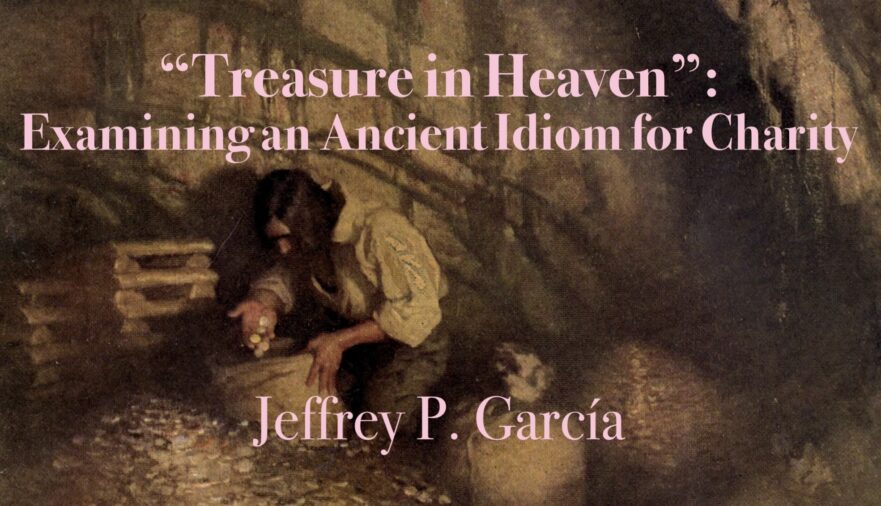
The growing value placed on charity in the first century C.E. cannot be overstated. As a new sensitivity developed within Judaism that challenged the compensatory “blessings and curses” paradigm of the Hebrew Bible (cf. Deut. 28) as a basis to serve God, so there was a shifting emphasis towards altruistic love embodied in the Levitical commandment, “…and you shall love your neighbor as yourself (וְאָהַבְתָּ לְרֵעֲךָ כָּמוֹךָ אֲנִי יי; Lev. 19:18).”
